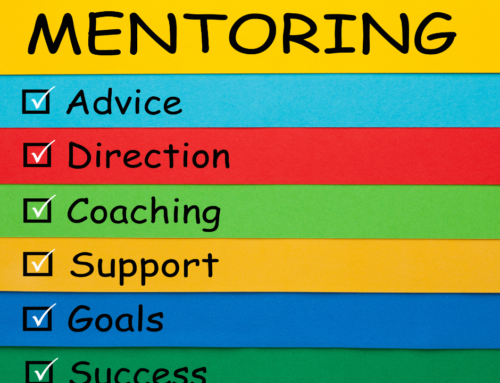How You Listen Has A Direct Impact on How Others Will Listen to You
As leaders, we know that fundamentally we are influencers. If people don’t respect the leader, all the programs, policies, manuals, and requirements mean very little. Active listening is one sure way to increase your influence. You demonstrate and offer respect to others, who, in turn, offer theirs.
Effective Listening Is “Active” Listening
Active listening is undivided attention to the communication of the other. But, unfortunately, many of us, often without realizing it—listen in a “passive” way.
The opposite of active listening is, predictably, passive listening. We hear what is said, but we are not giving it our attention. Passive listening behaves like divided attention, eagerly waiting for our turn to respond and preparing our thoughts while we wait! We have relegated the sounds in our ears to the background, and our focus is on the ideas, assumptions, conclusions, and responses we are ready to offer.
Our goal is to absorb as much spoken and unspoken information as possible. We listen first to understand people and situations. Only after should we formulate a response. It is a conscious decision. We do our best to hear the person without judgment or distraction.
Active listening appears obvious, but it is a little trickier than it sounds. So here are some tips to help us become better, more active listeners. Although I am not sure we ever arrive at this destination, it is a practice we all need to foster.
Do not interrupt
The bread and butter to active listening – avoid the urge to interrupt. It may happen unintentionally to all of us, and that is understandable. However, when we interrupt the speaker during a conversation, subconsciously, we communicate that our voice is more critical, relevant, or necessary. Plain straightforward ample, interrupting is rude, but it appears self-righteous.
CARDINAL RULE: DON’T INTERRUPT!
If you absolutely must interrupt (because you are bothered by something or have a question for clarification), make sure that you do so politely and that you ask for permission to do so first.
Stay on topic
We should strive to understand the purpose of a conversation and the speaker’s intention. It’s easy to let our questioning or comments take the speaker and us off focus, and everyone loses track of the intended topic.
By staying on the topic, our communication is more effective and efficient, and we are also being respectful of everyone’s time.
Listen to understand
Silence is golden. We have treasures to discover when we don’t talk. If every conversation is an “in the now” moment, we might hear new things and understand old things quite unexpectedly.
Remember being so preoccupied in your mind that while nodding, saying “uh-huh,” and looking attentive, you had no idea of what the speaker just said?
Do not assume
If you are assuming, you are likely not listening. You are jumping to conclusions, being judgmental, or worse yet, disrespectful.
Unfortunately, we all make assumptions when we listen. But, while we are busy assuming, we only capture the information that aligns with and corroborates those assumptions. As a result, we miss a lot of what is said.
Do your best to remain open to each conversation “as if” you don’t know where it is going. Try to hear as though this is the first time you have heard the information. You may be surprised at the things you thought you knew, but didn’t know.
Save your questions
Thoughtful questions help validate what has been communicated and show that you are an intelligent and active listener. In addition, you share with the speaker that they have been “heard,” which is another way of showing respect.
Careful though, questions just for the sake of asking them are easy to pick up on.
“The only true wisdom is in knowing that you know nothing.“ – Socrates
Effective questions carry the conversation forward and bring it “next level.” Rarely will it be a yes or no question.






